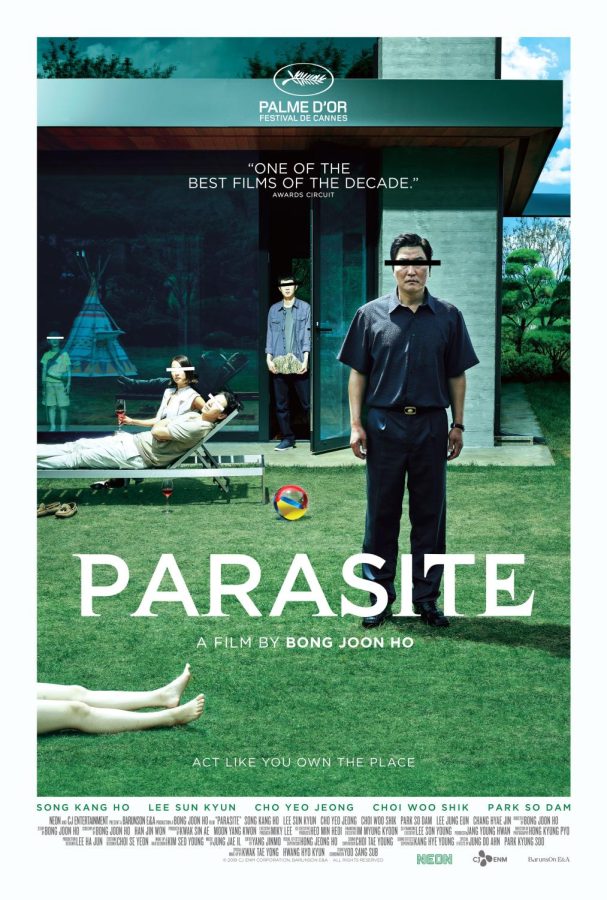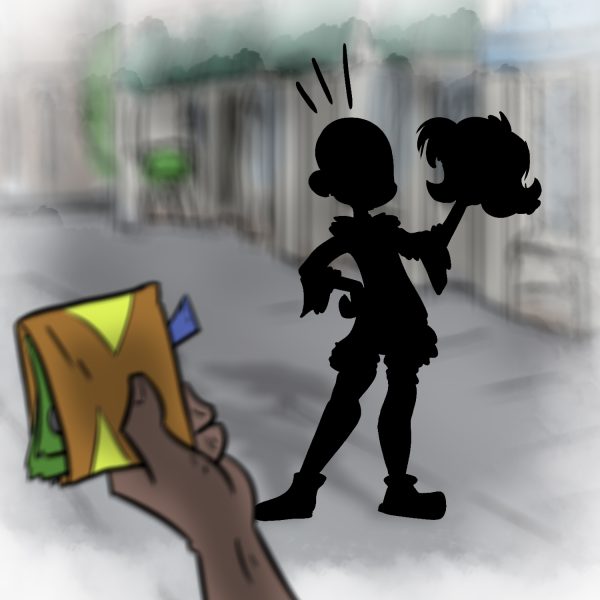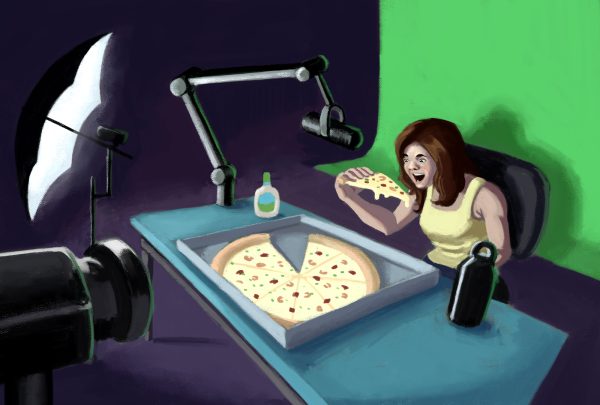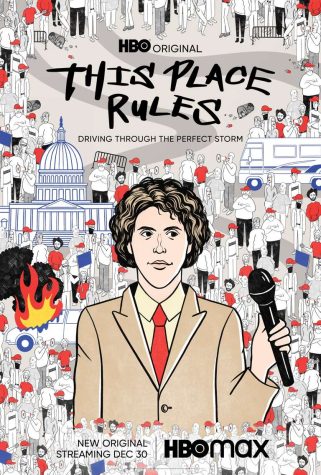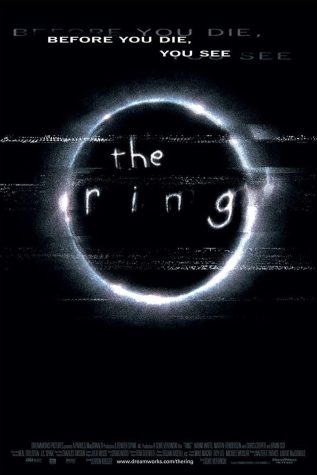Parasite: Home Invasion on a New Psychological Level
Introduction
Countless horror movies have provided audiences ways to experience their fears and phobias from the comfort of their homes or in movie theaters. There are numerous genres within horror, from the classic Universal Monster films; to cult-classic Slashers; to psychological thrillers; and even comedic horror films.
There is a grand multitude of Horror films that can invoke fear and fun for everyone. Some Horror films have fallen to the wayside in the past, while others have been genre-defining. For “Parasite,” the 2019 psychological thriller film, directed by acclaimed South Korean Director, Bong Joon-Ho, is genre-breaking!
Global Security Experts Inc., an internationally recognized consultant service, maintains that “Approximately 1 out of every 5 homes encounters a burglary or violent home intrusion.” The idea of home invasions or Scelerophobia – the fear of robbers, burglars, and home invasion – is a fairly common fear. A great example of a film that takes advantage of this fear is John Carpenter’s classic horror film, “Halloween.”
The idea of an intruder hiding in the dark, ready to attack you within your home, is chilling enough. But what if the home invader is someone you trust? Bong Joon-Ho’s “Parasite” plays with this idea and twists the idea of home invasion to an all-new level of fear and foreboding.
Synopsis – **Spoiler Warning**
The film “Parasite” is set in modern-day South Korea, where a family has fallen into poverty. The film focuses on two families; the Poor Family and the Rich Family. Destitute, the Poor Family lives in a back alleyway, taking on odd jobs to survive. This family takes advantage of every opportunity, regardless of morals, for the sake of their survival.
An opportunity presents itself when an affluent family needs a tutor for their daughter. The son of the Poor Family forges documents, lies about his education, and convinces the gullible mother of the Rich Family that he is a tutor. The son is able to convince his new employer to hire professionals to help her around the house. These “professionals” are revealed to be the Poor Son’s family.
One day, the Rich Family decides to go on a camping trip, leaving the house to the Poor Family. The Poor Family raids the pantry and throws a small party for themselves in celebration of their successful acting, cleverness, and deception. During this time, the previous housekeeper comes to pay a visit, saying that she has accidentally left something in the basement and has come back to get it.
The already disturbing imagery of an entire Family intruding and fabricating a story to invade a home takes a darker turn when what lies in the basement is relieved. Unknown to the homeowners, the housekeeper’s husband has been living in a secret bunker under the basement in an attempt to evade loan sharks.
When the family refuses to allow her husband to continue living there, the housekeeper threatens to expose the family’s lies. This leads to a fight, ending in the housekeeper’s death and driving her husband to madness. The Poor Family locks him up and decides to follow their original plan, pretending that nothing happened.
After some time, the Rich Family returns earlier than expected. After a tense scene of near exposure that threatens to reveal the lies of the Poor Family, the Rich Family later decides to host a surprise birthday party for their son. They ask the Poor Family to help set up for the party.
During the party, the son of the Poor Family decides to call a truce with the housekeeper’s husband, who remains hidden in the basement. However, the husband, hellbent on murder, strikes him, leaving him to bleed out. The son survives, but the husband manages to escape, heading upstairs.
Unsatisfied, the housekeeper’s husband proceeds to attack and kill the daughter of the Poor Family, stabbing her repeatedly in the gut, ensuing chaos and horror during the Birthday Party. Throughout the horror, the insane husband is killed. Eventually, the Rich Father is killed by the father of the Poor Family. The father of the Poor Family sneaks back into the basement, where he plans to hide forever unbeknownst to his son.
After some time, a new family moves into the house, and the son of the Poor Family discovers his father managed to escape the police by hiding in the underground bunker. Over many nights, he receives messages from his father via Morse Code through a light switch within the basement.
The son, having deciphered the message, finalizes a plan to get himself out of poverty by going to college and starting a career. He hopes to earn enough money to buy the house and free his father from the confines of the underground bunker.
Analysis
“Parasite” is not only a psychological thriller that brings a whole new meaning to home invasion but also displays Bong Joon-Ho’s thoughts of the struggle between classes and society within South Korea. Bong Joon-Ho, when asked about the meaning behind “Parasite,” expressed that there were multiple meanings behind the title and events within the film.
Perhaps the most prominent and immediately recognizable is that the Poor Family is a parasite, leeching off of the Rich Family through lies and deception. Though this is true, the director Bong Joon-Ho also expressed that the Rich Family were parasites to society due to their lack in maintaining their own home, depending on others to do the work for them.
Another meaning that can be interpreted from the film is the class struggle present within the film. Though the poor subside from the decisions and actions of the rich and can be seen as helpless to their unfortunate circumstances, the director Bong Joon-Ho, shared how the lower classes are constantly fighting amongst themselves.
Bong Joon-Ho emphasized this by showing how the two impoverished families decided to fight and threaten each other over who was to work for the Rich Family, as opposed to teaming up. Bong Joon-Ho related this to a visual metaphor for how the classes have worked against each other in the past and how the lower classes have struggled to rise due to their self-contained conflict. This, in turn, hinders their ability to come together.
Personally, I see both points but also see a bizarre message of family. Throughout the film, I noticed how well maintained the Poor Family was and how they all worked together as a unit.
They not only worked with each other, but they were able to openly express themselves, even sharing their thoughts on sensitive and taboo topics such as violence and the idea behind money and power.
In the same vein, the Rich Family showed signs of being disconnected from one another. Each maintained a separate role, not to be interrupted by another family member. The father of the Rich Family, a businessman who was often away at work, showed signs of disinterest in his family. Lacking the ability to do chores and help maintain a family, his daughter kept to her room and phone while maintaining a romantic relationship with the son of the Poor Family.
The mother was utterly helpless and lacked all skills in everyday activities in life. Though showing signs of concern for her children and her family, she lacked conviction like the father and didn’t know how to connect and discipline her disengaged daughter and her wild son.
Last Thoughts
“Parasite” was a fantastic thriller that kept the audience at the edge of their seat. Continuously intruding on strange feelings of ennui and high stakes tension, all wrapped up in a compelling story. It was well thought out and had dimensional characters, a plot that ties up all the loose ends, and presented a moral question. Fans of psychological thrillers and films by David Lynch and Stanley Kubrick will be pleased and amazed by director Bong Joon-Ho’s terrifying and original work and will feel compelled to watch it time and time again.

Jonathan Stringfellow is an English Literature Major at Columbus State University and aims to be and English Literature Professor. He writes short stories...



